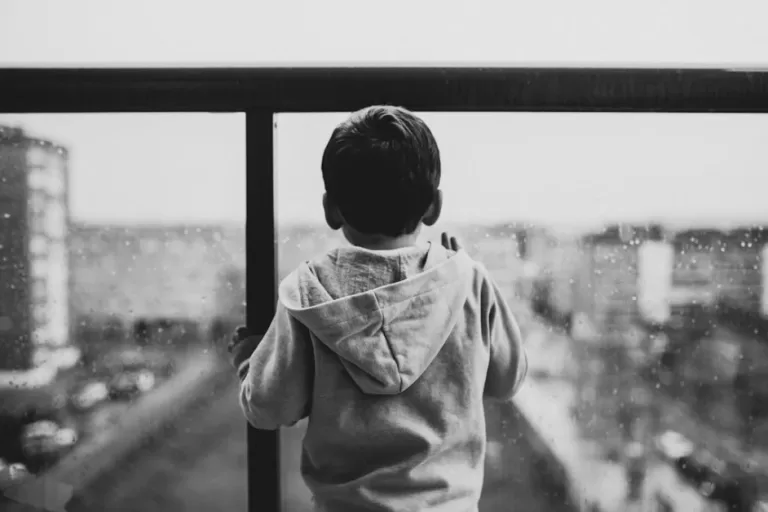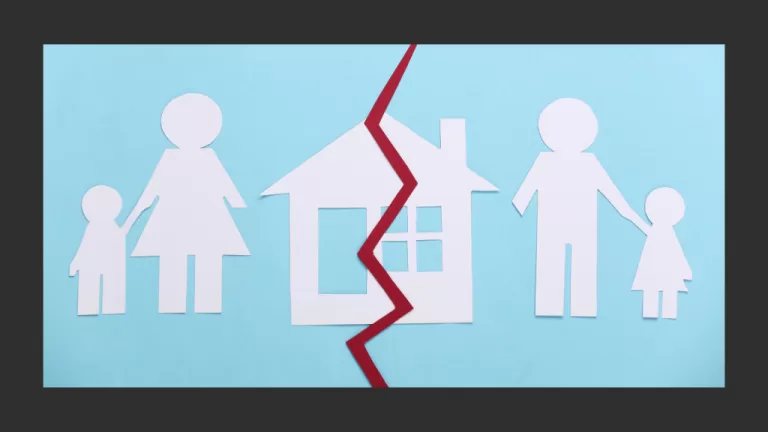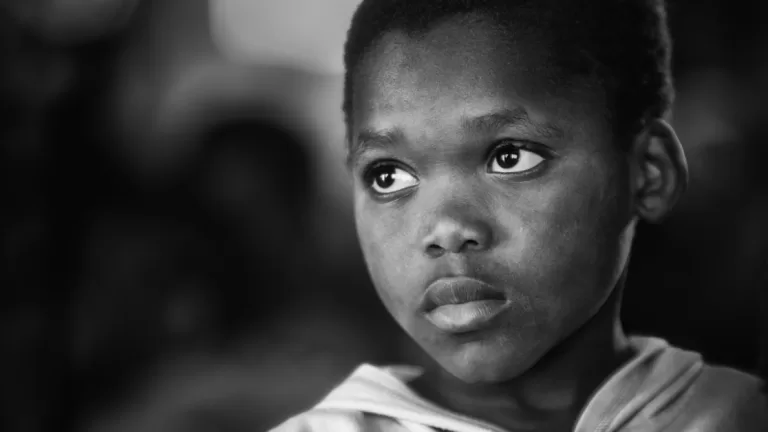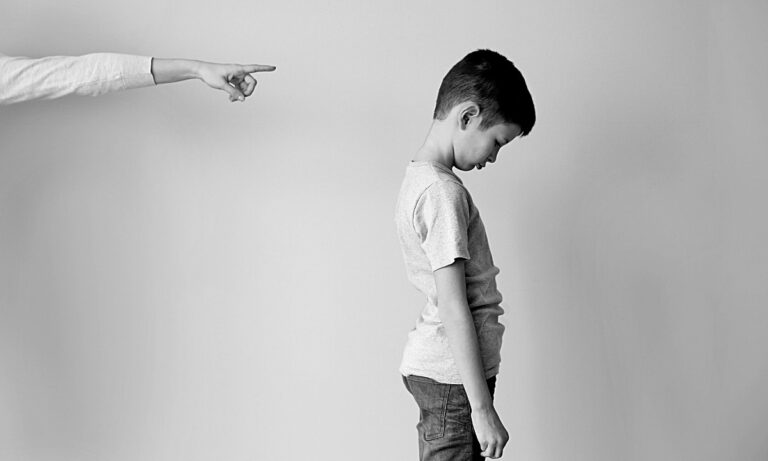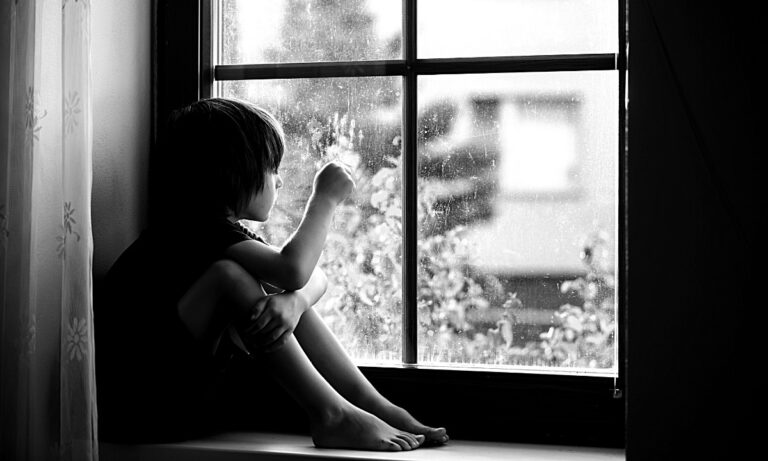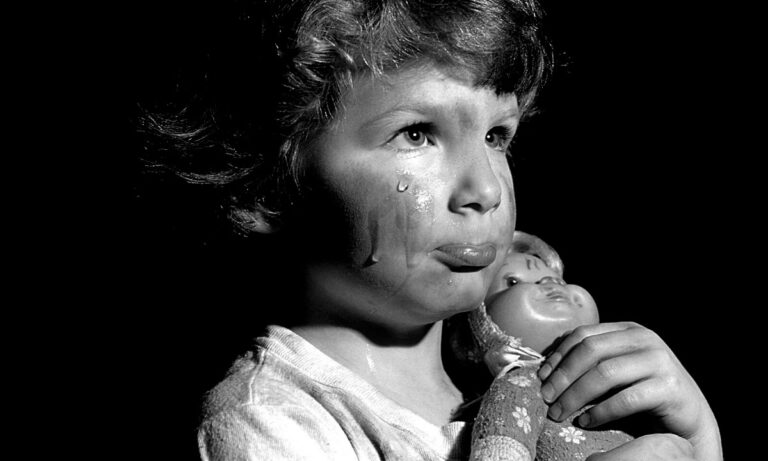AAE: Adverse Adulthood Experiences Test
The Adverse Adulthood Experiences Test (AAE) is a test inspired by the nationally recognized Adverse Childhood Experiences Study (ACEs) on the long-term impacts of childhood trauma. The AAE is similarly designed to measure adverse experiences within adulthood. Also, a history of adverse childhood experiences can compound and escalate adverse adult experiences. Cumulative trauma can affect…


